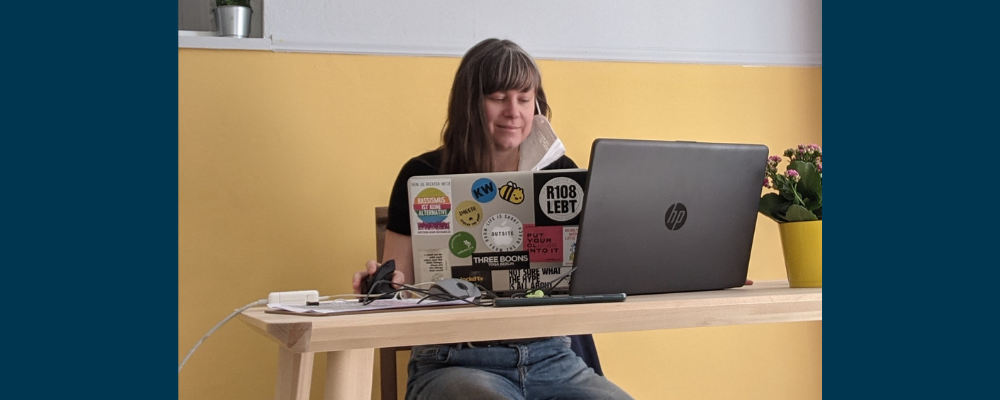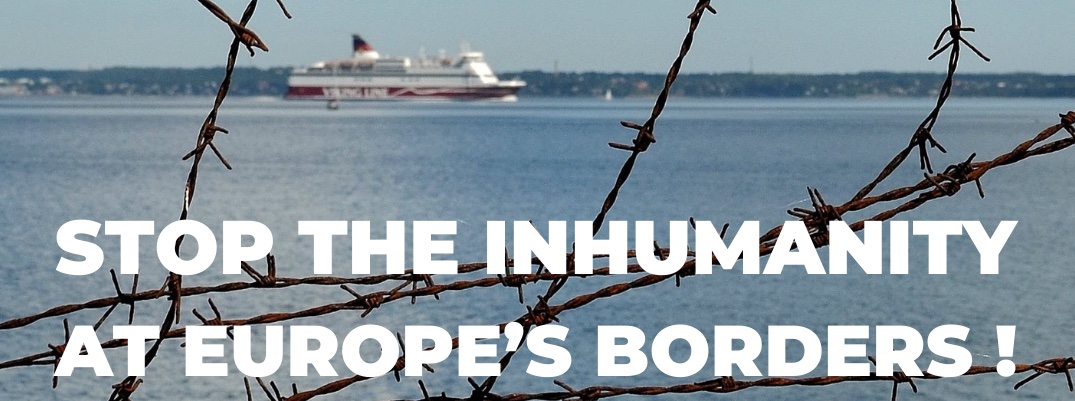Supporting resilience in the daily lives of refugees
How does it feel to be forced to flee your home, leaving family behind amid the violence of war? If, like me, you have never experienced that conflation of tearing separation, lack of resources, loss of control and an uncertain future, such a situation is hard to imagine. It might be tempting to project our imaginations of ‘helplessness’ onto those who, through no choice of their own, live through today learning to adjust to their new circumstances while wondering when and how they can return. So who should decide what those refugees need?
Abundant research demonstrates that people who become refugees are better able to adjust to their new environment and develop more resilience when given opportunities to practice familiar daily routines among community where they can be proactive players in their transformed lives, making choices that fit their own needs and meeting people similarly affected. The labels of ‘refugee’ and ‘trauma’ often act as negative barriers which impede a sense of self-worth and self-actualisation.
Yes, there is a time and place, for those who want it, to address issues of long and short term suffering, but there also needs to be much more time when they can build a sense of normality and exercise control again. Building resilience has different pillars including economic and social support, in which people can maintain a sense of identity and belonging. Addressing the loss of resources and control, which define much of a refugee’s experience, is a key intervention to support resilience and adaptation. A 2020 study defined resilience as the, ‘…aesthetics of life-making in the everyday, requiring the employment of those micro-strategies which help one to live with the present despite an uncertain future.’
People who come to the Dignity Centre are never asked about what they have been through. Instead, with kindness and empathy, the volunteers facilitate an otherwise normal shopping experience (except there is no charge – shoppers are allocated points to spend). So, people choose the items they want, perhaps while their children play in the creche or while chatting to other shoppers, and then they leave the centre to carry on re-building their lives.
This is the first in our series of articles from Dr Jonathan Newman to explain the theoretical foundation of our work. He conducted fieldwork in the Chisinau Dignity Centre in February 2023. Dr Newman is a social anthropologist and commercial research consultant whose work on subjects such as resilience, conflict, covid, and the psychosocial training needs of emergency workers has been published in academic journals, trade magazines and the international press. Read the next article about our impact with respect to volunteering here.



